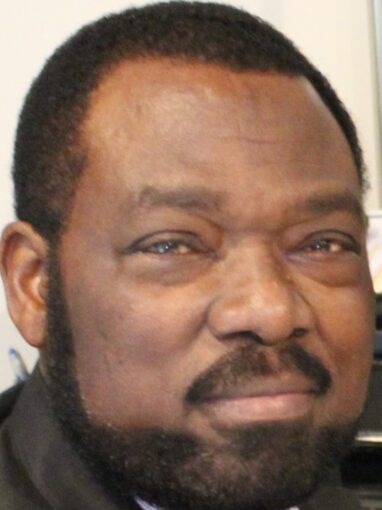Reclaiming our place in history

BY SOUMANOU SALIFOU
Founder/Publisher
German philosopher Georg Wilhelm Friedrich Hegel (1770-1831), one of the founding figures of modern Western philosophy, is notorious for describing Black Africa as “the lad of childhood, which, lying beyond the day of self-conscious history, is enveloped in the dark mantel of Night.” He believed, not unlike others in more recent times such as the late former U.S. President Richard Nixon and former French President Nicolas Sarkozy, that Africa has contributed nothing to world’s civilization. “Africa has no history and did not contribute to anything that mankind enjoyed,” wrote the celebrated German philosopher.
One-and-a-half centuries after Hegel, on July 27, 2007, in a speech before French-speaking African heads of state at the Cheick Anta Diop University in Dakar, Senegal’s capital, then-newly elected French President Sarkozy said: “The tragedy of Africa is that the African has never really entered into history.” If that was not shocking enough, Sarkozy added: “Africa’s challenge is to enter to a greater extent into history… It is to realize that the golden age that Africa is forever recalling will not return, because it never existed.”
Sarkozy’s insult straight to the face of African leaders—none of whom dared to protest because his country owned each one of them—was meant to perpetuate the ugly image fabricated by Europeans who, with the Bible in one hand and a gun in the other, went on a so-called “civilizing mission” barely a century earlier in Africa, the cradle of mankind’s civilization.
Both the German philosopher’s and the former French president’s insults run counter to historical facts uncovered by European researchers, including the following:
The civilization of the Kush kingdom in present-day Sudan of dark-skinned Black people who placed one of their own on the Egyptian throne, which started the 25th Egyptian dynasty that lasted a century, concurrently with their own city-state of Kerma that emerged as the regional dominant political force between 2450 and 1450 BC and controlled the Nile Valley for a long time.
- The archaeological findings that have demonstrated the past existence of not just the Kush civilization but also the Nok civilization in present-day Nigeria, and the Aksum civilization in present-day Ethiopia.
- The evidence based on archaeological findings that scientific discoveries occurred in Africa thousands of years earlier than anywhere.
Because of the cruel institution of slavery in which African chiefs have their fair share of blame, the false, ugly image of the “uncivilized Black” man running naked in the bush followed Africans to the Americas.
Building on the efforts of scholars, media men and women and others, a low-level employee in a Black-owned insurance company, John H. Johnson, was inspired to start in 1942 a small magazine that became Ebony three years later, with the objective of redefining the Black American. Later came another Black magazine, Essence, to redefine the Black woman. But America lacked an African Ebony or Essence.
Thirty years ago, I was inspired to start the first known African magazine in America, with the motto, “Bringing You the Whole Story.”
The quasi-exclusively negative stories found in the mainstream American media just a few decades ago were not the whole African story. Also, the African story cannot be whole unless it includes the American wing of the Black family driven apart by the wheels of history.
As The African celebrates this thirty-year milestone, which I consider a time to reflect on the past and look to the future—not a time to gloat—I am happy to share the following lines from the first Publisher Statement I ever wrote in my life:
African voices are needed in the American media to effectively fight the never-ending racial bigotry that has made some of us lose hope in ourselves. The need to believe in ourselves has never been greater. Commerce Secretary Ron Brown, during the opening ceremony, last year, of the office of an African business organization in Washington, stressed that need by saying: “Unless we start to believe in ourselves, we will never convince anyone to believe in us. It is time to believe in ourselves, it is time to start believing in Africa.”
It is time, indeed, to tell our own story.

